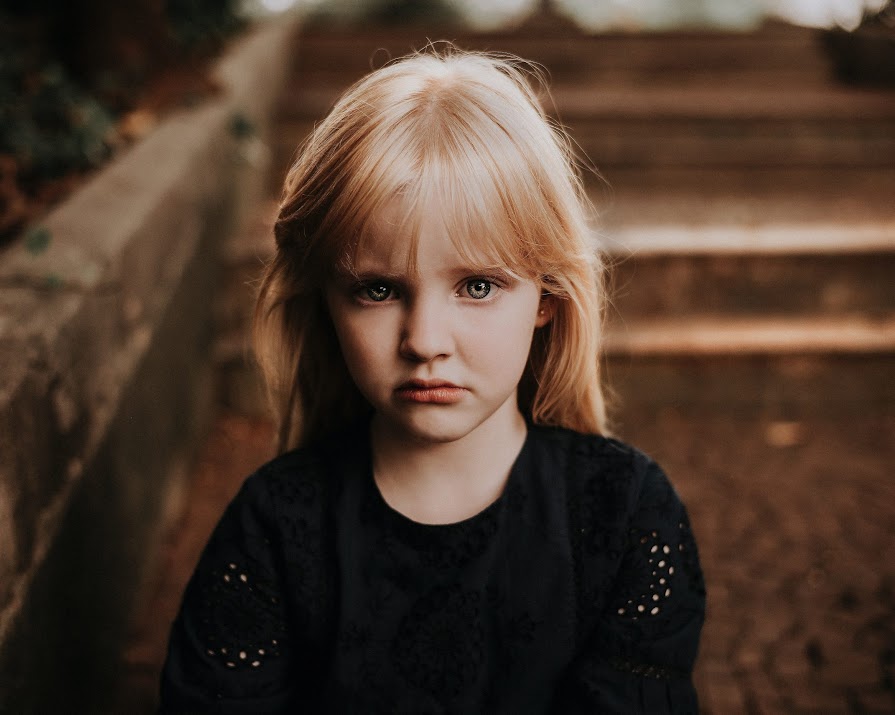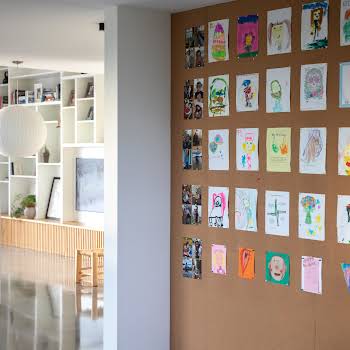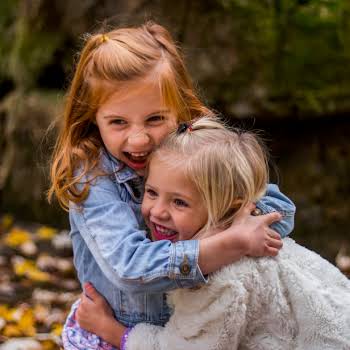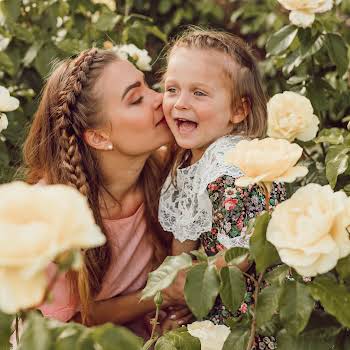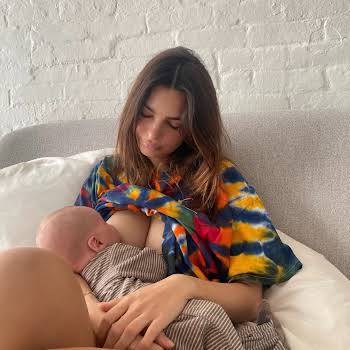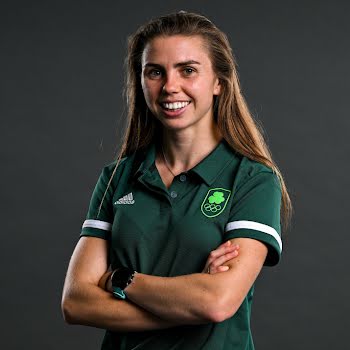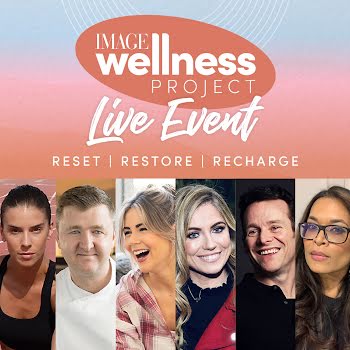
Life as a foster carer: ‘When she first came to us she was like a frightened rabbit’
By Amanda Cassidy
05th Jun 2022
05th Jun 2022
There is a huge deficit of carers available in Ireland to look after children removed from their birth families as a result of various factors including neglect and abuse. Amanda Cassidy speaks to those who welcome these children into their homes
Cathy Morrissey has four children herself and has opened her home to many foster children over the years. She says to be a carer you have to be patient, have a lot of love to give and a massive sense of humour. “Initially I was living in Dublin and volunteering with children’s charities like Barnardos. I always wanted to help children in need but we didn’t have a spare bedroom.
When we moved to Portlaoise, we finally had enough space. I remember saying to my husband at the time – I know we can’t help all the children but if we can help a few, we should do it. The moving boxes hadn’t even been opened when we made the call to foster.”
Cathy says she’s had some pretty severe cases over the years. “For some, they have no idea how to wash, no social skills. These poor children had no idea where the next piece of bread was coming from. We get a lot of training but it is hard sometimes. I had a child for a few years, she arrived in a horrific state — full of scabies, head lice, severely malnourished. Many a night I got into bed crying thinking about how a little child could be treated like this because of an adult. She was like a terrified little rabbit.”
Experience fostering
Cathy says part of the reason many people take on this role is because of the difference they can make to these children’s lives. “I’m proud to say that we did help her along the way. Month by month, the colour came back to her cheeks, she put on weight and slowly started accepting our help. I remember the Christmas a year after she’d come to us, she surprised us all by asking if she could sing a song for us. She belted out a pop song — I can’t recall who it was by now — and by the time she’d finished we had tears rolling down our faces, that she felt comfortable enough to let us into her heart. I was crying because I was so happy.
“It was like covering a bottle with clingfilm and piercing the tiniest hole in it. Each bit of progress she made was like another drop going into the bottle. Finally, the drops started filling the bottle as she got better.
“She’s gone on and is an amazing mammy herself. She keeps her children safe from her family and has always been grateful that we never judged her parents for how she was treated. That wasn’t our place. We just wanted to support her into her future.”
Barry Ward is from Fostering First Ireland. He says there are some misconceptions about becoming a foster carer. “In my role, I speak to so many people making their first enquiry and many mention feeling like they would be unsuitable. They fear they may be too old (there is no upper age limit. Once you are above 25 and fit and healthy, that is all that matters).
“They feel that renting could be an issue. (It is possible to foster if you rent, once we get a letter from a landlord or through a local county council giving you permission to foster in that home). The other misconception is that they can’t foster because they don’t have their own children. But while it is added experience, fostering is different from parenting so all applicants have to come through the same training so again we can proceed with other criteria in place. You can be single and foster or be in a same-sex relationship as long as all the minimum requirements our agency sets are met.”
- You are at least 25 years of age
- Have a full driving licence
- Have a spare room for the child coming into your care (cannot share with birth children)
- The youngest child has to be at least 3 years of age before starting the process (if you have children, that is)
- Time to commit to a child in your care — this is looked at individually on a case by case basis to see what work arrangements are like and who is available to the child and to attend regular meetings, appointments etc.

Life-changing
Barry says the whole process to become a foster carer is roughly 8 months with different steps taken along the way. “It is a two-way process so that FFI feel we have the right applicants in assessment and also for the applicants to consider and digest information along the way.” For Cathy, the experience has been life-changing. She currently has a little boy with special needs and says she grins every time he gives her cheek as she was told just a few months ago that he would never speak.
“It is so rewarding. I love it. I’m not an extraordinary kind of person but you have to know what to expect. I’m a real ‘mammy’ so I’ve always enjoyed minding and teaching and helping.
“My advice is to listen to other foster carers. Nobody can tell you what it is really like. You might have visions of sticking bows in their hair and they will be fixed. That isn’t the case at all. Gather the information, listen to your agency and be prepared for the impact fostering will have on your life with hospital appointments or link worker (social worker) appointments. Keep a sense of humour and an open mind. These kids have been through a lot and need to feel safe. I treat them like my own – no difference.”
Cathy says there are highs as well as lows when it comes to being a foster parent. “We had a baby come to us – he was 6 months old and very sick. He became healthy under our care. We watched him learn how to feed himself, crawl and walk. When he was going back to live with his aunt – we found it very hard.
“We really missed him. Our kids found it especially heartbreaking. We did have a relationship afterwards, though. Some placements end and you don’t see them again but it all depends on the situation. Personally, our house at Christmas is like Buckingham Palace with all the visitors – all the kids come back each year and we all catch up.”
“The way I see it, if you can help one child to have a good home, it is worth all the difficult times you might face. All it takes is one person to stand up and say I’m willing to help.”
This article was originally published in October 2020











